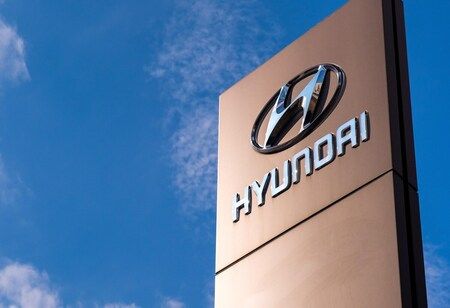
Hyundai Motor to Pay $ 1.8 Billion to Korean Employees


Hyundai Motor has struck a deal with its Korean labor union to pay out more than 2 trillion won in employee bonuses for 2025, despite the company grappling with increasing pressure from elevated U.S. trade tariffs.
Under the terms of the agreement, workers in Korea will get a 100,000 won increase in base salary, performance-related bonuses equal to 450 percent of their base compensation along with a 15.8 million won one-time payment, and 30 shares of Hyundai Motor stock.
Given that the average base salary stands at 4 million won, individual employees are projected to receive approximately 40 million won in total incentives, bringing the overall distribution to an estimated 2.5 trillion won across Hyundai's workforce of 63,000 employees. This amount accounts for roughly 40 percent of the company's combined net earnings of 6.63 trillion won during the first six months of the year.
Also Read: Kelly Ortberg: The New Boeing CEO Who is Already on the Headlines
The report indicates that prospects for the rest of 2025 remain unclear. Although Seoul and Washington have engaged in talks about reducing tariffs from 25 percent down to 15 percent, the final decision is still pending an executive directive from U.S. President Donald Trump.
Also Read: AMCEN: Newer Initiatives to Bolster Africa's Environmental Leadership
Japan is set to benefit from a tariff reduction to 15 percent beginning September 16th, 2025, while Korea has not yet obtained similar arrangements. Compounding these difficulties, construction delays at Hyundai Motor's Georgia manufacturing facility, caused by the detention of Korean personnel working locally, may interfere with battery supply chains in the American market.
The deal also incorporated union requests for employment stability, with both parties agreeing to bring the manufacturing of six-speed transmissions for the Palisade hybrid in-house, aiming for full-scale production by late 2027.
Also Read: SCO Summit 2025: Outcomes of Modi-Xi Meeting
These transmissions are presently provided by Hyundai Transys, but they may now be manufactured directly by Hyundai Motor, which could decrease orders for the subsidiary company. This shift might also increase expenses since Hyundai Motor's labor costs exceed those of Hyundai Transys.